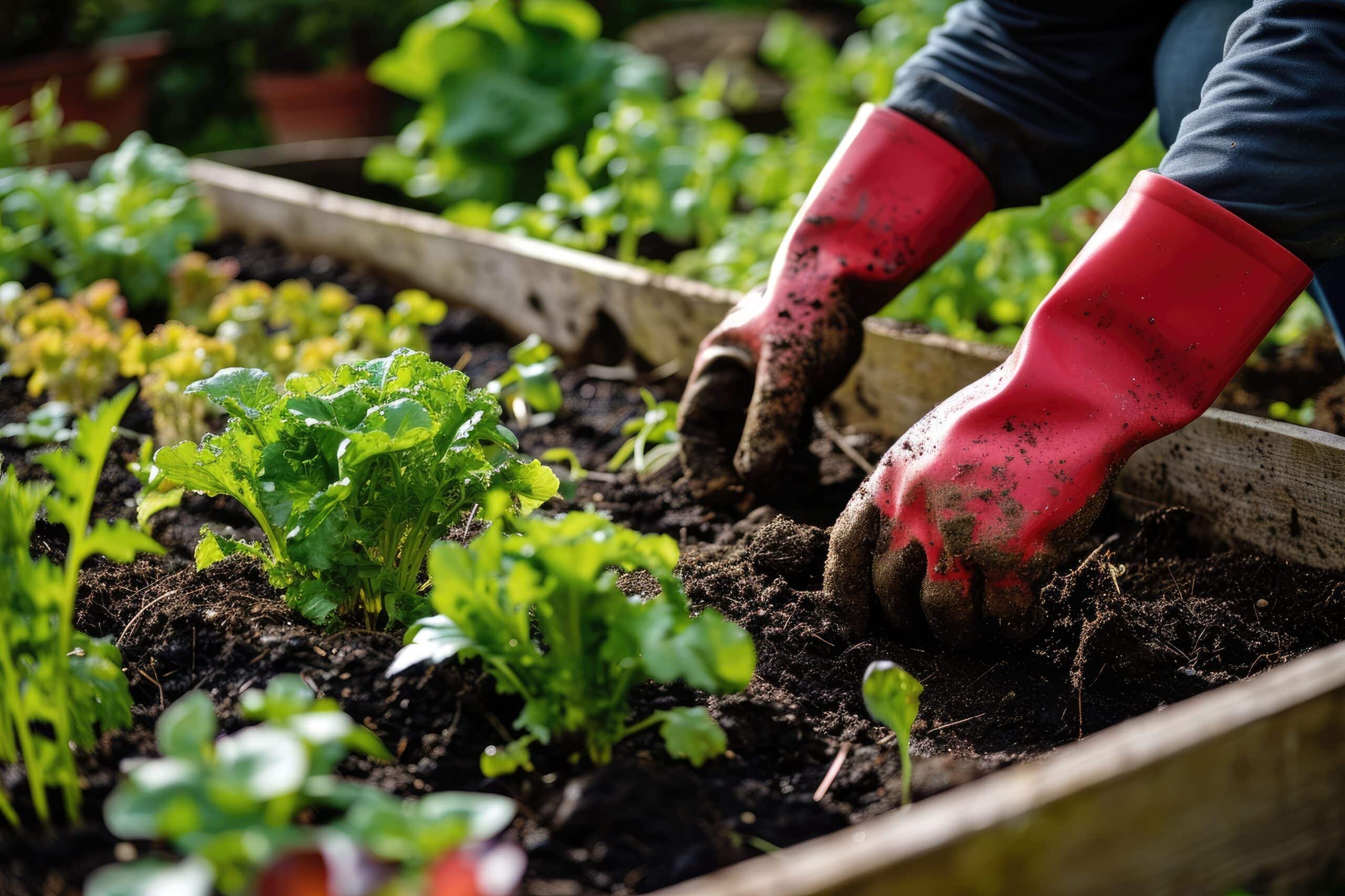What Not to Plant in Raised Beds?
Key Takeaways
- Berry bushes should be avoided in raised beds as they tend to spread and require more space than raised beds can provide.
- Corn is not well-suited for raised beds due to its tall height and extensive root system, which can shade out other plants.
- Grains such as barley, millet, oats, rice, rye, sorghum, and wheat are not recommended for raised beds as they require larger planting areas and are better suited for open fields or larger garden plots.
Raised beds are a popular choice for gardening enthusiasts, as they offer several advantages over traditional ground-level gardens. They provide better drainage, improved soil quality, and easier access for planting, weeding, and harvesting. However, not all plants are suitable for raised beds. In this article, we will explore which plants you should avoid planting in raised beds, based on information from reputable sources.
1. Berry Bushes
According to Backyard Garden Geek, berry bushes should be avoided in raised beds. While berries themselves can thrive in raised beds, berry bushes tend to spread and require more space than raised beds can provide. It’s best to plant berry bushes in a separate area where they have room to grow and spread without overcrowding other plants.
2. Corn
Corn is another plant that is not well-suited for raised beds. TheHomesteadingRD advises against growing corn in raised beds due to its tall height and extensive root system. Corn plants can take up a significant amount of space and may shade out other plants in the raised bed. It’s better to plant corn in traditional garden rows where it has plenty of room to grow.
3. Grains
Grains such as barley, millet, oats, rice, rye, sorghum, and wheat are not recommended for raised beds. These crops require larger planting areas and are better suited for open fields or larger garden plots. While it may be possible to grow small quantities of grains in raised beds, the yield and overall success may be limited.
4. Loofahs
Loofahs, which are popular for their use as natural sponges, should be avoided in raised beds. These plants are vigorous climbers and can quickly overwhelm a raised bed structure. They require trellises or supports that are taller than most raised beds can accommodate.
5. Malabar Spinach
Malabar spinach, a heat-loving leafy green, is not recommended for raised beds. It has a vining growth habit and can become invasive if not properly controlled. Malabar spinach is better suited for larger garden areas or containers where its growth can be managed more easily.
6. Pumpkins and Winter Squash Varieties
Pumpkins and winter squash varieties, including watermelons, are not ideal for raised beds. These plants have long vines that can quickly take over a small raised bed. Additionally, the weight of the fruit can put stress on the bed’s structure. It’s generally better to grow these plants in larger garden spaces where they have room to spread.
7. Lemon Balm and Mint
Herbs like lemon balm and mint are aggressive spreaders and can quickly take over a raised bed if not contained. These plants are best grown in containers or dedicated herb gardens where their growth can be controlled.
8. Tansy and Yarrow
Tansy and yarrow are flowering plants that can be invasive and difficult to contain in raised beds. They have a tendency to spread rapidly and may crowd out other plants. It’s advisable to grow these plants in separate areas to prevent them from overpowering the raised bed.
While the above plants may not be suitable for raised beds, there are numerous other vegetables and herbs that thrive in these gardening structures. It’s important to choose plants that are well-suited to the space and growing conditions of your raised bed.
Related Websites:
FAQs:
Q: What are the benefits of using raised beds?
Raised beds offer several benefits, including improved soil drainage, better weed control, and easier access for gardening tasks. They also provide a defined area for plants, reducing competition from surrounding vegetation.
Q: Which plants should be avoided in raised beds?
It is advisable to avoid planting fruit trees and large shrubs in raised beds, as their extensive root systems and space requirements can overshadow smaller plants. Invasive or spreading plants should also be avoided, as they tend to take over limited space and can be difficult to control. Additionally, heavy feeders, which require excessive amounts of nutrients not easily replenished in raised beds, should be avoided to maintain soil health and productivity.
Q: What are suitable alternatives for raised beds?
For raised beds, it is recommended to choose compact or bush varieties of plants that naturally stay small and do not take up too much space. Container-friendly plants are also a great option, as they can thrive in containers or smaller raised bed spaces. Additionally, opting for low-maintenance plant varieties can save time and effort for busy gardeners.
Q: Why is proper spacing important for plants in raised beds?
Proper spacing is crucial for healthy plant growth in raised beds. It allows plants to receive adequate sunlight, air circulation, and access to nutrients. Insufficient spacing can lead to overcrowding, poor growth, and increased risk of diseases.
Q: What are the advantages of container gardening in raised beds?
Container gardening in raised beds offers flexibility and convenience. It allows for easy mobility and rearrangement of plants. Containers also provide better control over soil quality, moisture levels, and drainage. Additionally, it minimizes the risk of invasive plants spreading into the surrounding garden.






